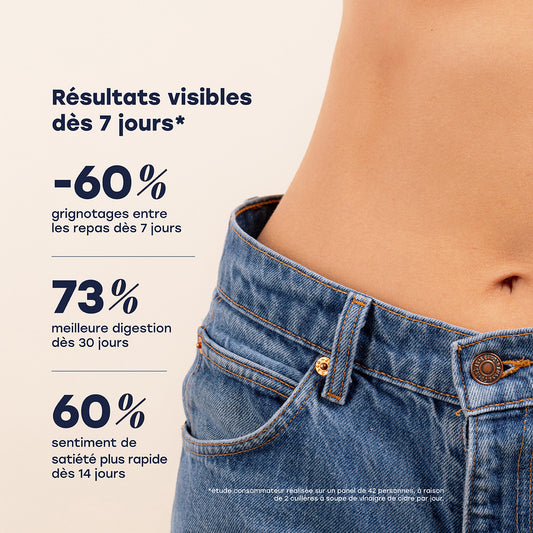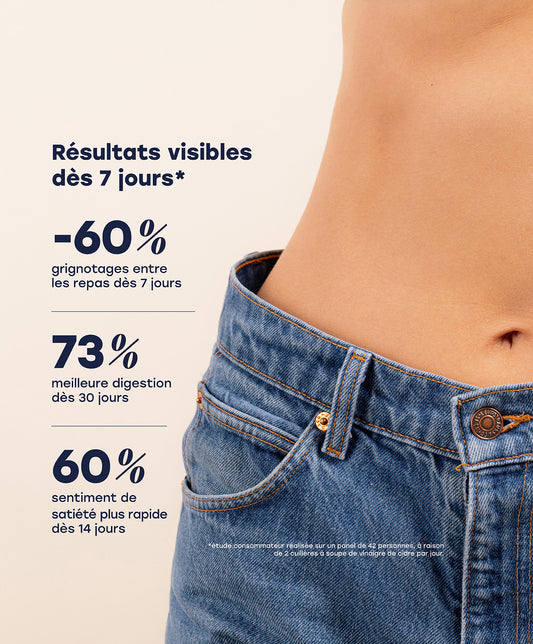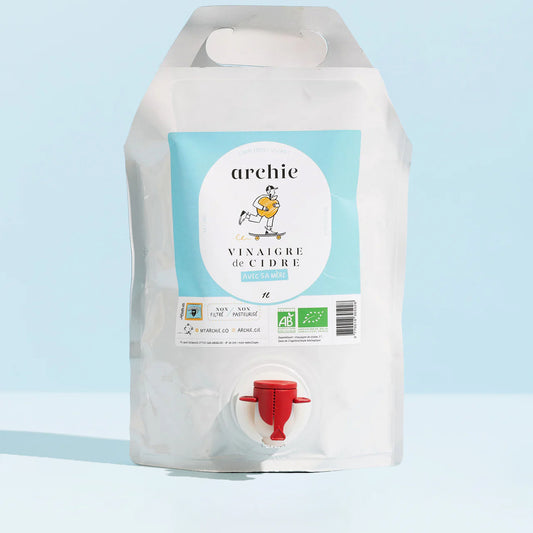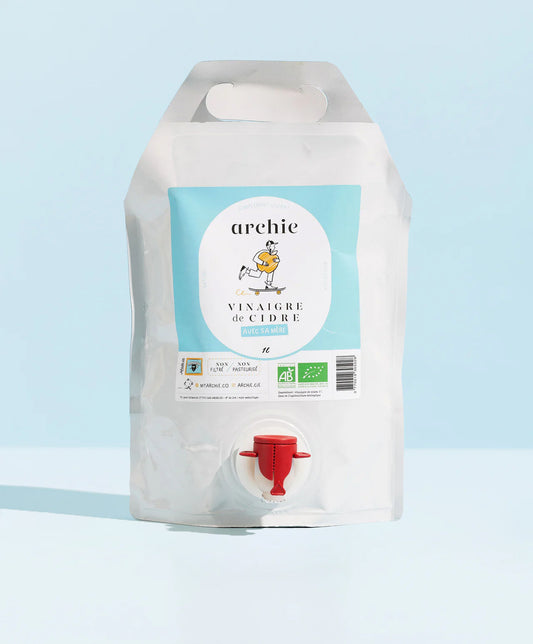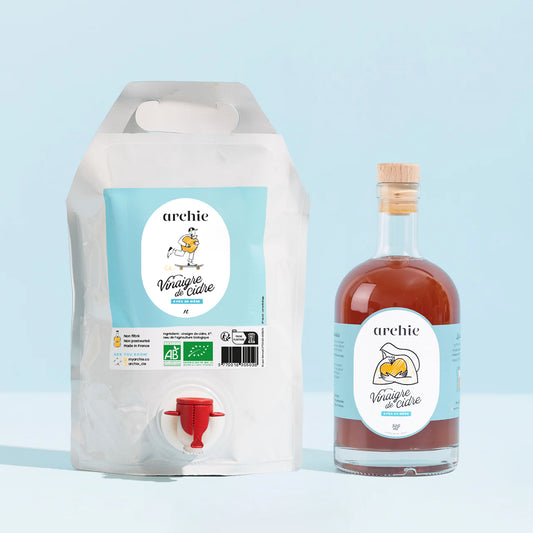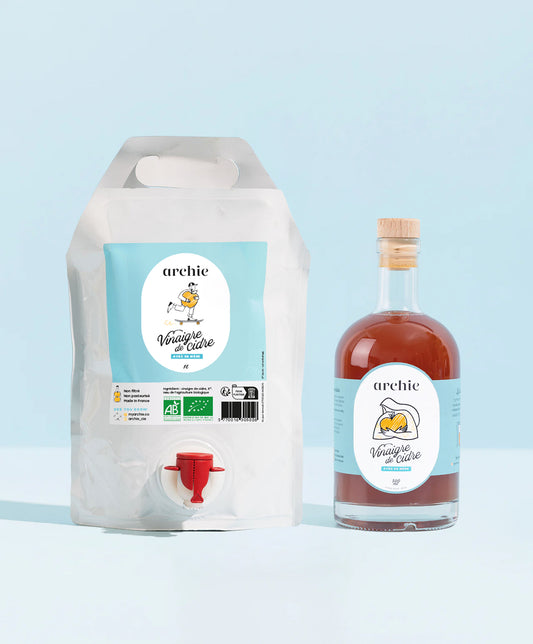Can you introduce yourself?
My name is Sonia Robino, I am a naturopath and I have been practicing in my office and remotely for 6 years. My specialty is treating digestive disorders. Previously, I worked for 20 years in the advertising field, but I made a career change at the age of 40. Currently, I am developing an online program on digestive disorders, offering group support. I also give workshops and conferences, and I work with small groups in companies for health issues. However, my main activity remains individual consultations. Each patient I see is received in two sessions: the first is a vitality assessment that allows us to study the person's background and set up a personalized program lasting 1.5 to 2 hours. A month later, we follow up to evaluate the changes and adjust the support if necessary. Sometimes, two consultations are enough, but I remain available for follow-up if needed.
What were your motivations?
I chose to become a naturopath a few years ago because I wanted to give meaning to my profession and be of service to humanity. My interest and passion for the human body have always been present.
My journey with intestinal problems led me to specialize in digestive disorders. Having suffered for a long time without finding answers, I decided to turn to natural medicine. I underwent surgery and then underwent a detox program, combined with meditation, which had beneficial effects on my health. This positive change motivated me to share this knowledge and help others overcome their disorders.
How would you define the profession of naturopath?
The profession of a naturopath involves guiding individuals toward a better well-being using natural methods. It is essential to remain humble and not to replace conventional medicine, but rather to work in complementarity with it. In France, integrative medicine, which combines traditional medicine and naturopathy, is underdeveloped. For my part, I work in a practice with a masseur and an osteopath, and I appreciate the synergy this creates with other healthcare professionals.
The training to become a naturopath lasted two and a half years, during which I continued to work in advertising. It was a demanding process with regular assessments. Becoming a naturopath is not easy, and I hope this profession will be recognized for its true worth. Currently, there are training courses of only 48 hours, which allows people with no real knowledge to practice this profession. In the health field, it is essential to have a certain level of specific knowledge.
What impact does diet have on our mental health?
Diet has a significant impact on our mental health. Scientific studies have shown that our nervous system is closely linked to our gut, which contains nearly 200,000 neurons. For example, a lack of the neurotransmitter serotonin can cause compulsive eating. The vagus nerve, which connects the central nervous system to the intestines, also plays a vital role in our health. An unbalanced gut flora can negatively impact our nervous system.
In my practice, I prescribe dietary supplements and emphasize four pillars of a healthy and balanced diet: nutrition, quality sleep, exercise, and emotional balance. These days, our bodies are under numerous stresses, such as deficiencies, mental stress, and pollution, making these pillars even more important to respect. Consuming essential micronutrients is essential for our well-being.
Have you seen the need for food support evolve in recent years?
Over the years, I've noticed that the need for nutritional support remains the same. People are often confused about what's good or bad for them, and there are a multitude of different diets. In my opinion, there is no universally perfect diet; it's essential to listen to yourself and choose what suits you best. I've met patients of all ages, but the majority of them are receptive to the solutions I offer and want to take charge of their health.
What are your recommendations to aid digestion and avoid bloating?
To aid digestion and prevent bloating, I recommend several measures. Chewing is essential, and you should eat slowly and mindfully. Favoring unprocessed and organic foods is important, as is reducing snacking to allow the body to digest properly. Apple cider vinegar can also be helpful in promoting digestion, especially when taken before meals.
What do you think about intermittent fasting?
Intermittent fasting can be an interesting approach for some people. I generally recommend not skipping breakfast, as it's an important meal for providing the protein and fats needed to create hormones. Fasting can be done in the evening by skipping dinner, but it should be tailored to each individual's needs. It's essential to listen to yourself and choose the method that works best for you.
How can we limit the glycemic impact of meals? Should we stop consuming refined sugars?
To limit the glycemic impact of meals, it's advisable to avoid refined sugars. An ideal breakfast, in my opinion, should include foods rich in fat and protein, such as buckwheat bread, boiled or fried eggs, goat cheese, avocado, olive oil, and unsweetened almond or hazelnut purees. It's also recommended to avoid sugary fruit juices and processed cereals.
For a healthy and balanced diet, I recommend consuming raw and organic products with quality labels. It's essential to reduce carbohydrate intake, even those from legumes like lentils and chickpeas, if eaten alone, without vegetables or fat. We must be mindful of our fat intake, as our brain is made up of 80% good fats. Cold-pressed organic oils, rich in omega-3, as well as oily fish, sardines, and anchovies, are beneficial. Seasonal and organic vegetables should be favored, as should animal proteins, especially eggs, which are an excellent source of protein.
What do you think is the ideal breakfast?
A balanced breakfast that helps regulate blood sugar levels would include foods rich in fat and protein, such as low-glycemic buckwheat bread, ham, a boiled, soft-boiled, or fried egg with a runny yolk, goat cheese, half an avocado, olive oil, almond puree, butter, and hazelnut or coconut puree without additives. This type of meal would help keep blood sugar levels stable throughout the day and provide a boost in the morning.
Certain foods, such as white bread, yogurt, cereals, granola, and muesli, should be avoided because they can negatively impact blood sugar levels. Homemade granola may be a better alternative to processed cereals, but they are not the healthiest choice.
For drinks, chicory, coffee, and matcha are best enjoyed with meals, but it's best to avoid consuming them on an empty stomach. It's recommended to limit coffee consumption to 2 to 3 cups per day to avoid excess caffeine. Orange juice should be avoided because it contains a lot of sugar without fiber, which can cause insulin spikes and hyperglycemia. Similarly, apple juice should be considered with caution because it's equivalent to the amount of sugar in a can of Coke. To replace high-sugar jams, it's best to opt for applesauce.
Patients who adopt this balanced eating method often experience benefits such as increased energy, decreased food cravings, and no fatigue.
It is important to note that every individual is different and nutritional needs may vary from one person to another. Therefore, it is advisable to consult a healthcare professional or naturopath for personalized recommendations based on your specific needs.
What are your recommendations for a healthy and balanced diet?
A natural diet is recommended, avoiding prepared meals and packaged products. It is essential to favor raw, organic foods with quality labels. Reducing carbohydrate intake, even from lentils and chickpeas, without combining them with vegetables or sources of fat, is not recommended, as it is not suitable for a balanced diet.
It's important to monitor our fat intake, as the brain is made up of 80% good fat. Cold-pressed organic oils, such as flax and walnut oils, which are rich in omega-3s, as well as goose fat, are healthy choices. Sardines, herring, and the fiber in organic seasonal vegetables are also good choices.
When it comes to protein, animal sources are optimal for effective recovery. Eggs are considered the best source of protein. It's not necessary to weigh your food, but it's recommended to divide your plate into three parts: half for vegetables, one-third for carbohydrates, and one-third for proteins, such as fish, poultry, seafood, or meat.
It is recommended to consume protein twice a day to ensure a good intake of essential amino acids and contribute to the maintenance of muscle mass.
As always, each individual has specific nutritional needs, so it is advisable to consult a healthcare professional or naturopath for personalized advice on diet and nutrition.
I always want to snack, what should I do?
Frequent food cravings can be caused by a variety of reasons, such as a diet too high in carbohydrates, stress, or lack of sleep. To avoid them, it's important to smooth out blood sugar spikes by avoiding foods with a high glycemic index. Apple cider vinegar can help reduce these cravings by smoothing out blood sugar and insulin spikes.
How did you incorporate apple cider vinegar into your daily routine?
I've incorporated apple cider vinegar into my daily routine by taking it before meals, diluted in a glass of water with a straw to protect tooth enamel. I also advise my patients to add it to their diet regularly, especially if they have dietary issues.
What are your recommendations for someone looking to lose weight?
When it comes to weight loss, it's essential to find the root cause of the problem. The reasons can be many, such as lack of sleep, stress, or a sedentary lifestyle. Before starting any weight loss therapy, it's recommended to detoxify the body to allow for better weight management. However, simply not eating is not enough to lose weight; it's essential to adapt your lifestyle accordingly.
Do you treat people with endometriosis, fertility, PCOS issues, is it diet related?
In my coaching, I've found that inflammation plays a major role in many chronic issues. Reducing inflammation is important, which can have a positive impact on conditions such as endometriosis, fertility, and PCOS (polycystic ovarian syndrome). A healthy diet and detoxification can help alleviate these issues.
In conclusion, I recommend my patients trust their bodies, as they are a powerful tool capable of many things. Being aware of one's own body allows one to play an active role in one's own health and well-being.
Find Sonia on Instagram @bysohealthy.









